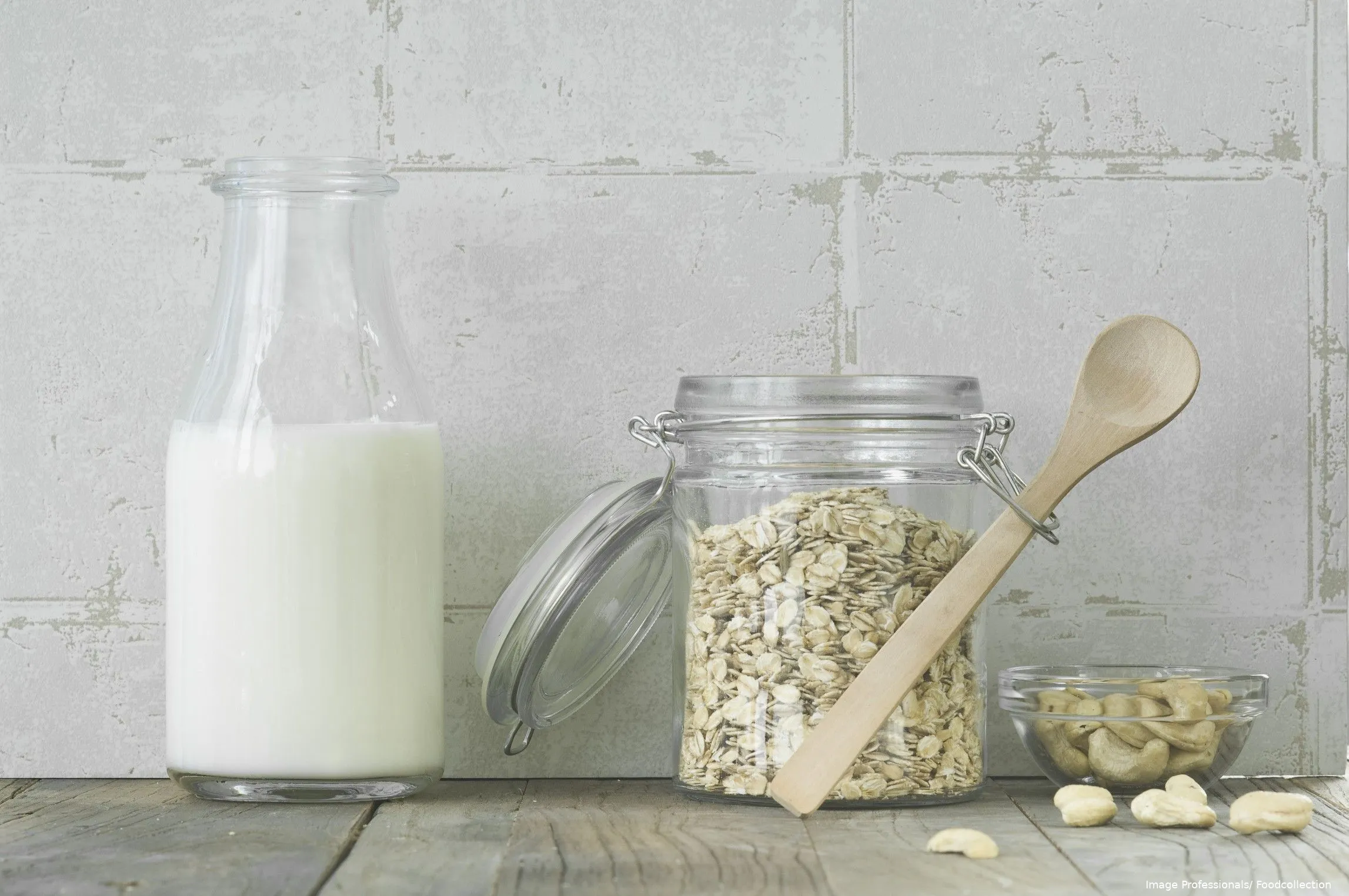How a Daily Glass of Milk Could Slash Your Bowel Cancer Risk
Bowel cancer, also known as colorectal cancer, is one of the most prevalent cancers worldwide, with nearly 2 million cases diagnosed annually. But what if something as simple as drinking a glass of milk could significantly reduce your risk? According to groundbreaking research, this might just be the case.
The Power of Calcium in Dairy and Non-Dairy Products
A landmark study led by researchers at the University of Oxford found that consuming an extra 300 mg of calcium daily—equivalent to half a liter of milk—can lower the risk of bowel cancer by 17%. The study, published in Nature, highlights that calcium, weather from dairy or non-dairy sources like fortified soy milk, plays a crucial role in reducing cancer risk.
“This comprehensive study provides robust evidence that dairy products can help prevent bowel cancer, largely thanks to the calcium they contain,” said lead researcher Keren Papier. She added, “Calcium was found to have a similar effect in both dairy and non-dairy, suggesting it was the main factor responsible for lowering the risk.”
This finding is especially significant as it underscores the importance of calcium, not just dairy, in cancer prevention.
Rising Colon Cancer Rates: A Global Concern
Colon cancer is the third most common cancer globally, with cases expected to rise to 3.2 million by 2040. Alarmingly, the disease is increasingly affecting younger populations. Between the early 1990s and 2018, diagnoses among British adults aged 25 to 49 surged by 22%.
While these trends are concerning, over half of colon cancer cases are preventable through lifestyle changes. Maintaining a healthy weight, increasing fiber intake, reducing alcohol consumption, staying physically active, and avoiding smoking are all proven strategies. Diet, however, plays a pivotal role.
The Role of Diet in Bowel Cancer Prevention
The Oxford study analyzed dietary data from over 540,000 women across nearly 17 years, examining the impact of 97 foods, drinks, and nutrients on bowel cancer risk. The results were clear: calcium is protective, while alcohol and red or processed meat increase risk.
- Alcohol: Drinking an additional 20 grams of alcohol daily (about a large glass of wine) raised the risk by 15%.
- red and Processed Meat: Consuming an extra 30 grams daily increased the risk by 8%.
These findings align with previous research, reinforcing the importance of dietary choices in cancer prevention.
how Calcium Protects Against Bowel Cancer
The study primarily focused on postmenopausal women, but the protective effects of calcium are believed to extend to men and younger individuals. According to Papier, calcium may reduce the carcinogenic potential of bile acids and free fatty acids in the colon, thereby lowering cancer risk.
Sophia Lowes from Cancer Research UK, which funded the study, emphasized the broader implications: “A healthy and balanced diet, a healthy weight, and quitting smoking are the best ways to reduce the risk of bowel cancer. This means eating less alcohol and red and processed meat and lots of fruit, vegetables, and whole grains. Dairy products such as milk can also be part of a diet that lowers the risk of colon cancer.”
Key Takeaways: Diet and Bowel Cancer Risk
To summarize the findings, here’s a table highlighting the impact of different dietary factors on bowel cancer risk:
| Dietary Factor | Effect on Bowel Cancer Risk |
|————————–|———————————|
| Calcium (300 mg/day) | 17% lower risk |
| Alcohol (20 g/day) | 15% higher risk |
| Red/processed Meat (30 g/day) | 8% higher risk |
Final Thoughts
The evidence is compelling: incorporating calcium-rich foods like milk into your daily diet could be a simple yet effective way to reduce your risk of bowel cancer. Combined with other healthy lifestyle choices, such as limiting alcohol and processed meats, this approach offers a powerful strategy for cancer prevention.
For more insights into the study, you can read the full research published in Nature here.
By making informed dietary choices today, you can take meaningful steps toward safeguarding your health tomorrow.
